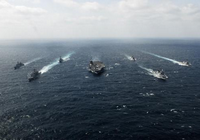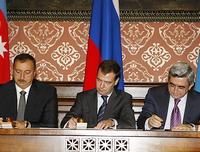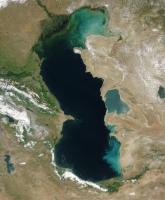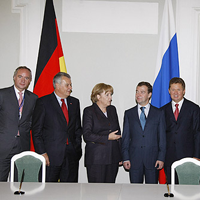
On the surface, the NATO summit meeting in Lisbon, the North Korean artillery barrage against Yeonpyeong island, and the unmasking of the “fake” Mullah Akhtar Muhammad Mansour in Afghanistan would appear to be separate and unconnected events. But there is a common theme that ties these three news stories together. In his WPR column column on Monday, Thomas P.M. Barnett summed up the problem: The United States cannot “close the gaps” in the global security system. The end of the Cold War and the rise of new power centers around the world have not led to any appreciable shift in […]




